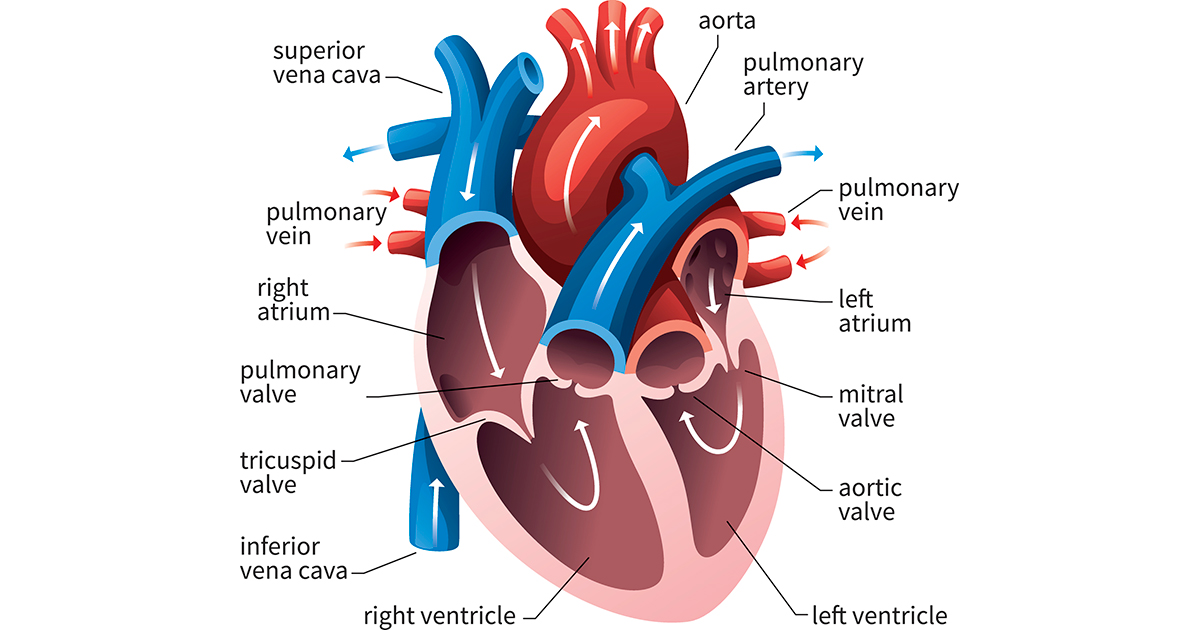Hypertrophic obstructive cardiomyopathy: What it is and treatment options

What is hypertrophic obstructive cardiomyopathy?
Abnormal genes in the heart muscle most often cause hypertrophic obstructive cardiomyopathy (HOCM). A progressive genetic disorder, the walls of the left ventricle contract harder and become thicker than usual.
"We can point to specific genes that cause HOCM. Like many genetic conditions, it can present with varying degrees of severity, says Michael Moulton, MD, Nebraska Medicine thoracic and cardiac surgeon. "In this form of the disease, the heart muscle in the septum between the two major chambers becomes quite thick and enlarged. As it becomes thicker, it obstructs the blood flow out of the heart with each heartbeat."
HOCM symptoms and diagnosis
HOCM is a condition that can occur at any age. While it has been known to affect people in their 20s and 30s, it’s most common in people in their 40s and 50s. Some patients don’t have any symptoms in the early stages but may develop them over time.
Symptoms may include:
- A feeling that you may pass out, especially with sudden exertion
- Chest pain with physical exertion
- Shortness of breath, especially with physical exertion
- Fatigue
- Arrhythmias
- Dizziness or lightheadedness
- Swelling in the lower extremities
A diagnosis is based on your medical history, family history, any symptoms, a physical exam and diagnostic test results. Diagnostic tests may include an echocardiogram (EKG), cardiac MRI, stress test, Holter monitor or genetic testing.
What are the treatment options for HOCM?
For those with symptoms, treatment begins with medication first. Beta-blockers, calcium channel blockers, or disopyramide may help with function and can often be very effective. If a patient doesn’t find relief from medication treatment, surgery is the next option.
"HOCM is a highly treatable condition with very successful outcomes. In surgery, we remove a large segment of the muscle that obstructs blood flow via a small incision. The mitral valve can also play a significant role in this condition and may also need to be addressed to keep it from obstructing blood flow," says Dr. Moulton.
If surgery is needed, a hospital stay would typically involve 5 to 6 days, with a follow-up appointment with your surgeon. A 6 to 12-week recovery time is expected, depending on your health before surgery.
As a progressive genetic disorder, it is important to stay on top of your symptoms. If you suspect you may have a family history of the condition, be sure your doctor is aware and see them regularly for monitoring.
There is hope for those with hypertrophic obstructive cardiomyopathy. Our experts at Nebraska Medicine can help.





